Search
Search Results
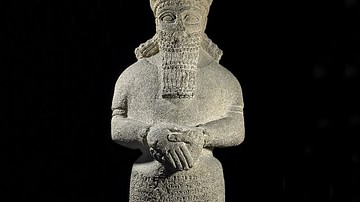
Definition
Nabu
Nabu (sometimes known as Tutu) is the Babylonian god of wisdom, learning, prophecy, scribes, and writing and was also responsible for the abundant harvest and all growing things. His name means "the Announcer" which refers to his prophetic...
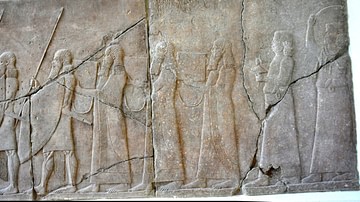
Article
Festivals in Ancient Mesopotamia
Festivals in ancient Mesopotamia honored the patron deity of a city-state or the primary god of the city that controlled a region or empire. The earliest, the Akitu festival, was first observed in Sumer in the Early Dynastic Period (2900-2334...
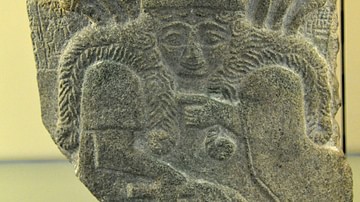
Definition
Nisaba
Nisaba (also Naga, Se-Naga, Nissaba, Nidaba, and associated with Nanibgal) is the Sumerian goddess of writing, accounts, and scribe of the gods. Although her name is commonly given as Nidaba, noted scholar Jeremy Black points out that "the...
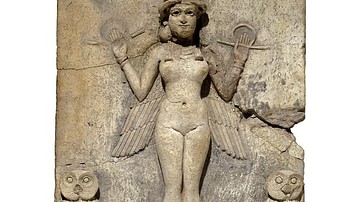
Definition
Mesopotamian Religion
Mesopotamian religion was central to the people's lives. Humans were created as co-laborers with their gods to hold off the forces of chaos and to keep the world running smoothly. As in ancient Egypt, the gods were honored daily for providing...
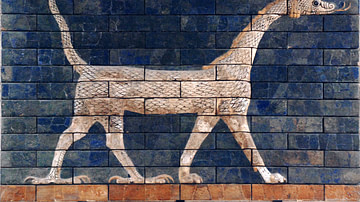
Definition
Marduk
Marduk was the patron god of Babylon who presided over justice, compassion, healing, regeneration, magic, and fairness, although he is also sometimes referenced as a storm god and agricultural deity. His temple, the famous ziggurat described...
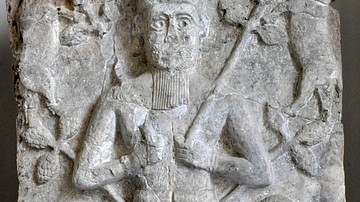
Article
The Mesopotamian Pantheon
The gods of the Mesopotamian region were not uniform in name, power, provenance or status in the hierarchy. Mesopotamian culture varied from region to region and, because of this, Marduk should not be regarded as King of the Gods in the same...
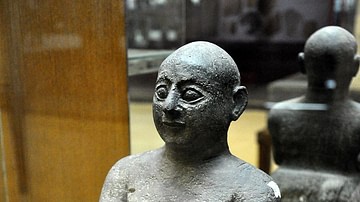
Article
Scribes in Ancient Mesopotamia
Scribes in ancient Mesopotamia were highly educated individuals trained in writing and reading on diverse subjects. Initially, their purpose was in recording financial transactions through trade, but in time, they were integral to every aspect...
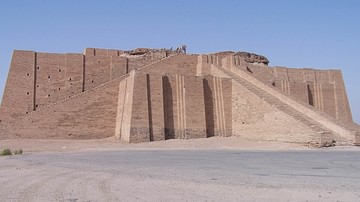
Collection
Mesopotamian Gods
The gods of Mesopotamia are first evidenced during the Ubaid Period (c. 5000-4100 BCE) when temples were raised to them, but their worship developed during the Uruk Period (4100-2900 BCE) and their names appear in writing beginning in the...

Image
Attendant God Dedicated to Nabu
Limestone statue of attendant god dedicated to Nabu by Adad-Nirari III and Sammuramat. The figure was dedicated to Nabu, the god of learning, in the temple of Ezida at Calah by the governor of Calah and other cities, for the life of the king...
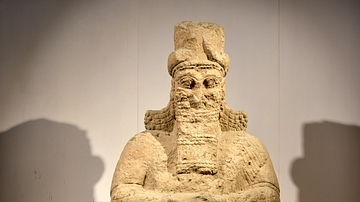
Image
Statue of Nabu from Nimrud
This colossal limestone statue represents Nabu, god of wisdom and knowledge. It was found near one of the gates of the Nabu temple in the city of Nimrud (ancient Kalhu). He wears the typical horned head cap of Mesopotamian deities. 8th century...